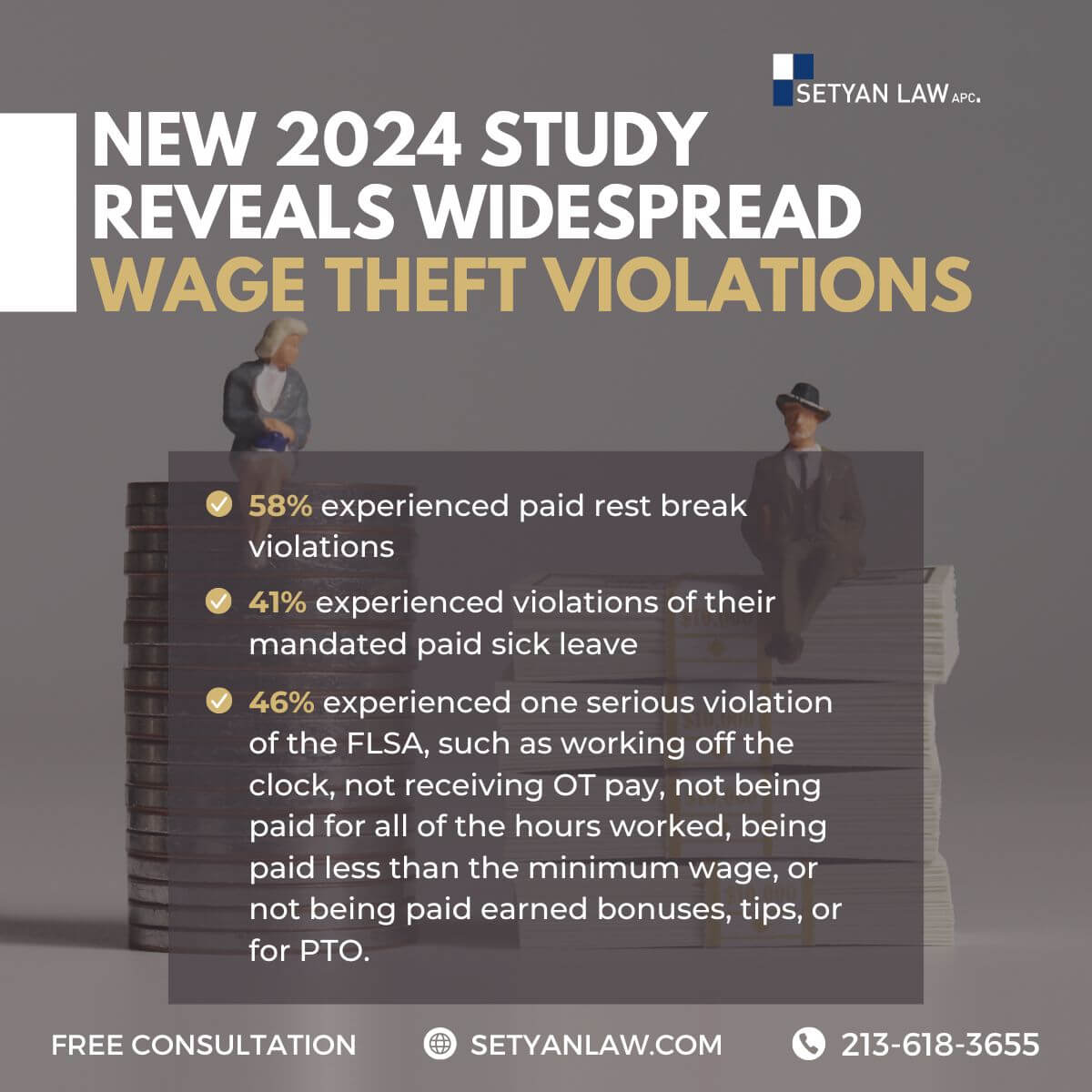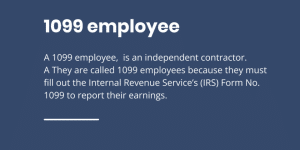Updated October 31, 2025
Understanding California Labor Code 1194
California Labor Code 1194 serves as a crucial legal framework designed to protect employees’ rights regarding minimum wage and overtime compensation. This statute empowers workers to seek justice when they are not compensated fairly for their labor. In this article, we will explore the intricacies of Labor Code 1194, its implications for employees, and the steps one can take if their rights are violated.
Overview of California Labor Code 1194
California Labor Code 1194 is a pivotal law that ensures employees receive at least the minimum wage and appropriate overtime pay. The statute explicitly states that regardless of any agreement to work for a lower wage, employees are entitled to recover unpaid wages through civil action. This includes not only the unpaid balance of wages but also interest, reasonable attorney’s fees, and costs associated with the lawsuit.
Key Provisions of Labor Code 1194
Minimum Wage Protection: Employees cannot agree to work for less than the legal minimum wage. This provision is designed to prevent exploitation and ensure that all workers receive fair compensation for their labor.
Overtime Compensation: Employees who work more than eight hours in a day or 40 hours in a week are entitled to overtime pay, which is typically calculated at one and a half times their regular hourly rate.
Legal Recourse: If an employee is not paid the minimum wage or overtime, they have the right to file a civil lawsuit to recover the unpaid wages, along with any applicable interest and legal fees.
The Importance of Minimum Wage and Overtime
Defining Minimum Wage
Minimum wage is the lowest amount an employer can legally pay an employee for their work. As of 2024, California’s minimum wage is set at $16.00 per hour, with adjustments made annually based on inflation. This law ensures that all workers can earn a living wage, regardless of their job or industry.
Understanding Overtime Pay
Overtime pay is an essential aspect of labor law that compensates employees for hours worked beyond their standard work schedule. In California, the law mandates that:
- Employees earn one and a half times their regular pay for hours worked over eight in a single day.
- For hours worked beyond 12 in a day, employees are entitled to double their regular pay.
- The first eight hours worked on the seventh consecutive day of work in a week also qualify for overtime pay.
Employee Rights Under Labor Code 1194
Right to Fair Compensation
Under Labor Code 1194, employees have the right to receive fair compensation for their work. This includes:
- Unpaid Wages: Employees can recover any unpaid wages owed to them, regardless of any prior agreements to accept lower pay.
- Interest on Unpaid Wages: Employees are entitled to interest on the unpaid wages, which serves as an additional incentive for employers to comply with wage laws.
- Attorney’s Fees: If an employee successfully recovers unpaid wages, they can also recover reasonable attorney’s fees, making it easier for them to seek legal recourse.
Protections Against Retaliation
California law protects employees who assert their rights under Labor Code 1194. Employers cannot retaliate against employees for filing complaints or lawsuits regarding unpaid wages. This protection encourages employees to come forward without fear of losing their jobs or facing other negative consequences.
Steps to Take if Your Rights Are Violated
Documenting Your Claims
If you believe your employer has violated your rights under Labor Code 1194, the first step is to document your claims. This includes:
- Keeping detailed records of hours worked, including regular and overtime hours.
- Retaining pay stubs and any correspondence with your employer regarding wages.
- Noting any instances where you were not compensated according to the law.
Filing a Complaint
Once you have gathered sufficient documentation, you can take the following steps:
Internal Complaint: Start by addressing the issue with your employer or human resources department. Many companies have procedures in place for handling wage disputes.
Administrative Complaint: If the internal complaint does not resolve the issue, you can file a complaint with the California Labor Commissioner’s Office. This office investigates wage claims and can help facilitate a resolution.
Civil Lawsuit: If administrative remedies do not yield satisfactory results, you may consider filing a civil lawsuit against your employer. Consulting with an employment attorney can provide guidance on this process.
The Role of Arbitration Agreements
Understanding Arbitration
Some employment contracts may include arbitration agreements, which require employees to resolve disputes through arbitration rather than in court. While these agreements can streamline the dispute resolution process, they may limit an employee’s ability to pursue claims under Labor Code 1194.
Implications of Arbitration
If you have signed an arbitration agreement, it is essential to understand its implications:
- Limited Legal Recourse: Arbitration may restrict your ability to seek certain remedies available in court.
- Potential Bias: Some argue that arbitration can favor employers, as they often select the arbitrators.
Common Scenarios Involving Labor Code 1194
Scenario 1: Unpaid Overtime
Imagine a restaurant employee who regularly works ten hours a day but is only compensated for eight. Under Labor Code 1194, this employee can file a claim for the unpaid overtime hours, seeking not only the owed wages but also interest and legal fees.
Scenario 2: Minimum Wage Violation
Consider a scenario where a retail worker agrees to a lower wage in exchange for benefits like discounts. This agreement is void under Labor Code 1194, and the employee can pursue a claim for the difference between what they were paid and the legal minimum wage.
Scenario 3: Retaliation for Reporting Violations
If an employee reports wage violations and subsequently faces demotion or termination, they may have grounds for a retaliation claim under California law. Such actions are prohibited, and the employee can seek legal recourse.
Conclusion
California Labor Code 1194 is a vital statute that protects employees’ rights to fair compensation. Understanding this law empowers workers to assert their rights and seek justice when they are not paid appropriately. If you believe your rights have been violated, it is crucial to document your claims, file complaints, and consider legal action if necessary. Remember, you are not alone in this process; legal professionals are available to guide you through the complexities of employment law and help you secure the compensation you deserve.
If you have questions about your rights under Labor Code 1194 or need assistance with a wage claim, don’t hesitate to reach out to a qualified employment attorney. Your rights matter, and taking action can lead to a fair resolution.
If you need employment litigation, call Setyan Law at (213)-618-3655. Free consultation.






